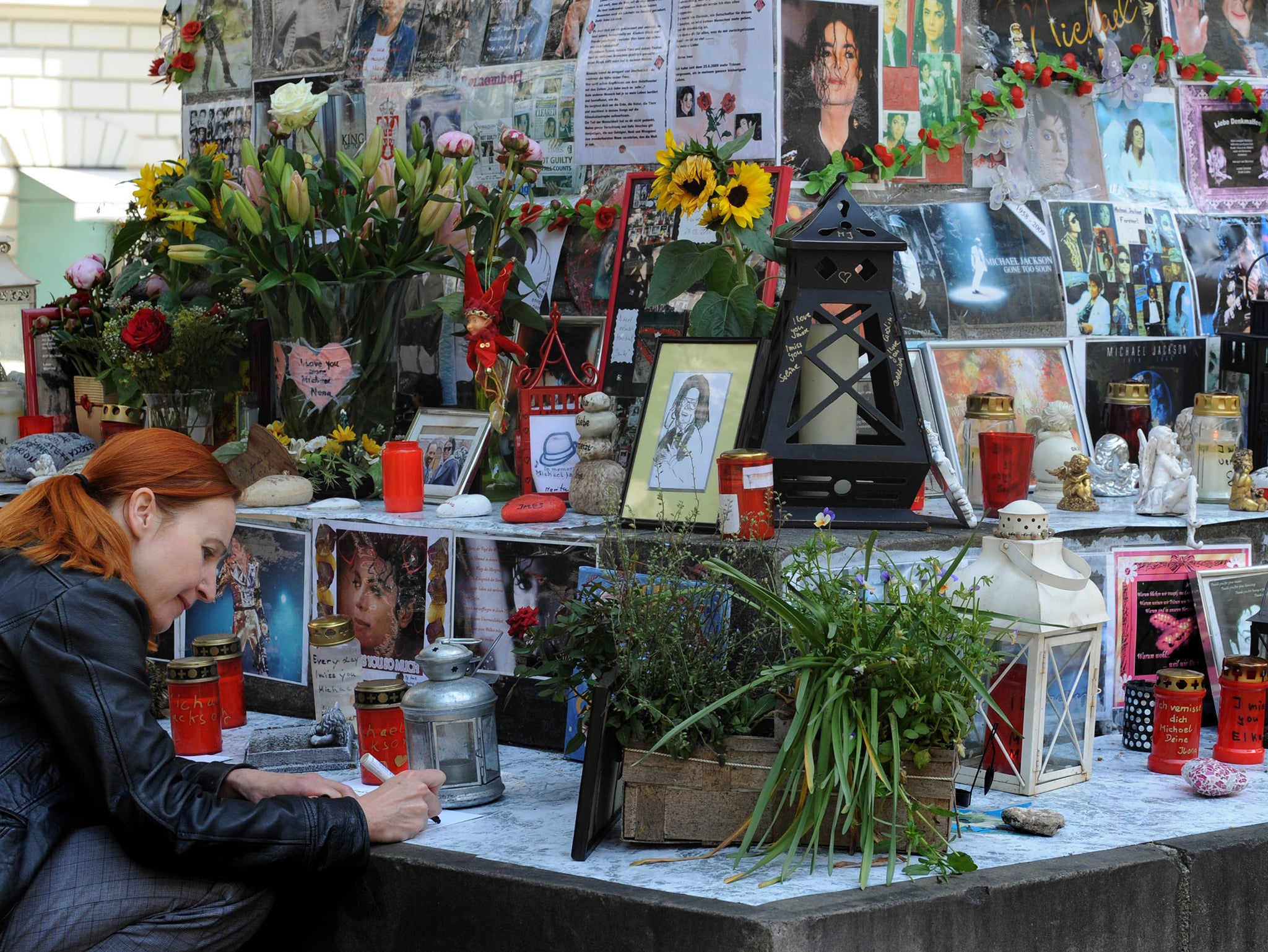83 Minutes: The Doctor, The Damage and The Shocking Death of Michael Jackson by Matt Richards and Mark Langthorne; book review

Your support helps us to tell the story
From reproductive rights to climate change to Big Tech, The Independent is on the ground when the story is developing. Whether it's investigating the financials of Elon Musk's pro-Trump PAC or producing our latest documentary, 'The A Word', which shines a light on the American women fighting for reproductive rights, we know how important it is to parse out the facts from the messaging.
At such a critical moment in US history, we need reporters on the ground. Your donation allows us to keep sending journalists to speak to both sides of the story.
The Independent is trusted by Americans across the entire political spectrum. And unlike many other quality news outlets, we choose not to lock Americans out of our reporting and analysis with paywalls. We believe quality journalism should be available to everyone, paid for by those who can afford it.
Your support makes all the difference.What really happened in the 83 minutes between Michael Jackson’s doctor noticing he wasn’t breathing and finally phoning 9/11 on 25 June 2009? This book seeks to lay bare the truth about that crucial window of time, which still remains hazy to this day due to conflicting accounts from Jackson’s personal physician, Dr Murray, and other witnesses working at the singer’s home on North Carolwood Drive in LA.
Despite the book’s attempt to retell the story of Jackson’s death from prescription drug intoxication in objective terms, it is clear that the authors find Dr Murray guilty of neglecting Jackson during those pivotal 83 minutes, and of administering him dangerous anaesthetic drugs that he should never have agreed to.
Jackson hired Murray in a desperate attempt to find a personal physician who would be prepared to give him Propofol, a form of anaesthetic administered intravenously, due to the singer’s increasing inability to sleep. In the last weeks of Jackson’s life, Murray appeared to be trying to wean the singer off the dangerous drug, but a heady mixture of financial pressures and addictive tendencies led to a fatal dose being administered.
Murray had accepted an offer of $150,000 a month to act as Jackson’s personal doctor for AEG Live, the company in charge of Jackson’s big comeback shows in London. While the singer – who had a history of addiction to prescription pain killers - became adamant he needed the Propofol, what he called “milk”, to help him sleep to prepare for the show’s rehearsals.
Paramedics found Jackson unresponsive on his bed, on which rested a porcelain doll with curly golden hair. The bedroom was strewn with needles, cans of Red Bull and boxes of pills. Perhaps most eerily, Jackson was found wearing a condom catheter sleeping on a waterproof mattress to cater for his supposed incontinence. The tragic tale of the boy who never grew up ended here.
But rather than giving a thrilling, page-turning account of the events that led up to Jackson’s death, 83 Minutes is written as a painstaking survey. The 100 pages of footnotes are testament to the years of research that have gone into the book, which makes for an informed read but not a particularly enjoyable one. The sentences are short, the language economical and the book feels more like an extended 300 page news story than a dramatic retelling of one of the biggest stories in the history of showbiz.
Indeed, authors Richard and Langthorne should be commended for choosing to tell a story that has relied so heavily on sensationalism in the purest of terms, however it is hard to tell quite who the book’s audience is intended to be. It is hardly a beach read, even for the most ardent Jackson fan.
The book is devoid of any emotional insight into why the singer died six years ago, relying instead on facts and testimonies. One of the few psychological analyses of the singer’s state of mind comes from his make-up artist, Karen Faye, who is quoted as saying: “I see so many people invest in his success and believe in him. Then I have to watch him self-destruct. I have seen with my own eyes him deteriorate physically in a month. I have seen him do this several times in my relationship with him.”
La Toya Jackson’s claims that Michael Jackson was “worth more dead than alive” turned out to be true. While no party was found to have been complicit in the murder of Jackson, the combined earnings of Jay Z, Kanye West and Taylor Swift come nowhere near the sums made from Jackson’s estate since his death.
Join our commenting forum
Join thought-provoking conversations, follow other Independent readers and see their replies
Comments